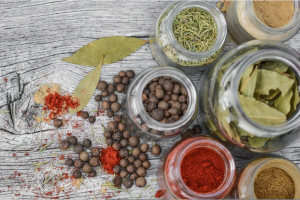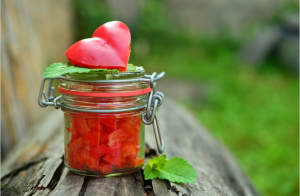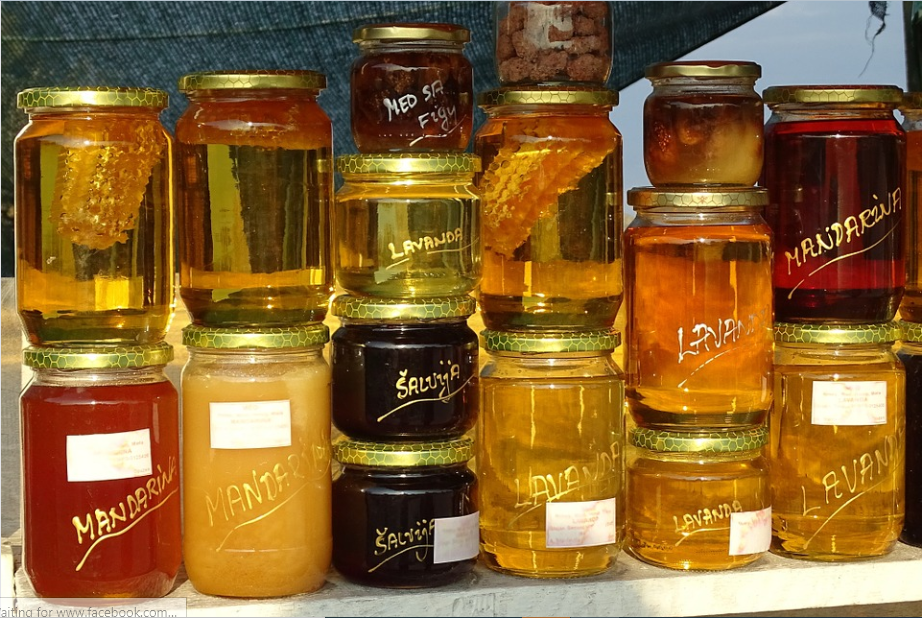After all the hard work in the garden and keeping your meals healthy, it is a shame to keep them in a container that contaminates BPA food. The term “without BPA” is not always better, but you will see the canning options at home, such as using alarm clock jars that prevent BPA and following the recommended food safety instructions. I want to help others consider a new or different perspective, but remember that any action taken based on these points of view is the reader’s responsibility. Here are glass jar benefits.
Reduce Vulnerability by Seeking Alternative

Hormones are usually secreted into the bloodstream by a glandular technique known as the endocrine system. All hormonal compounds’ input interferes with this controlled process and is associated with negative consequences for growth and the neurological, immune, and reproductive systems.
The elimination of persistent susceptibility leads to a drastic reduction in the total amount of GAP in the body, according to a 2011 study by the Breast Cancer Fund. Reducing vulnerability to GAP by seeking alternative options in routine products will significantly reduce these effects.
Reduce Chemical Susceptibility
Now that BPA has become a poor compound, BPA-free products are emerging. This is great news and bad news. The general intention of BPA is to make vinyl hard and make it hold the metal. Scientists have found that other compounds that leach from plastics could have a much greater effect on estrogen in the human body than BPA. Traditional manufacturers of wide-necked boats are expected to offer BPA-free caps because of their ships. I suspect this is a marketing approach to dispel concerns about BPA without reducing the lid’s chemical susceptibility.
Avoid Plastics and Metal Food Preservation

The ideal process to stop BPA and BPA-like compounds are to avoid plastic and metal for food preservation. This type of container requires new lids as soon as they are used. Wake-up bottles are a trusted brand that has been used for almost a century. If necessary, replacement rubbers are available. The Weck brand is the one I use in this article because I know this brand personally. All components, such as the rubber ring, are BPA-free. Metal clips are used to keep the glass closed during the process and are removed.
After processing the food, the tongue tilts downwards and signals the proper closure. After firing, the seal could be evaluated in two ways. Who can say that these manufacturers without BPA are better anyway? There is less waste of material because the tweezers don’t have to be replaced every year. If you currently choose, masonry jars could be reused to store dry goods or handmade textiles or perhaps serve as pots. Plastic lids are supplied by Weck, which is used when the glass has been opened and stored in the refrigerator (not, for example, in the fridge). There is a range of shapes and sizes for every possible storage purpose.

